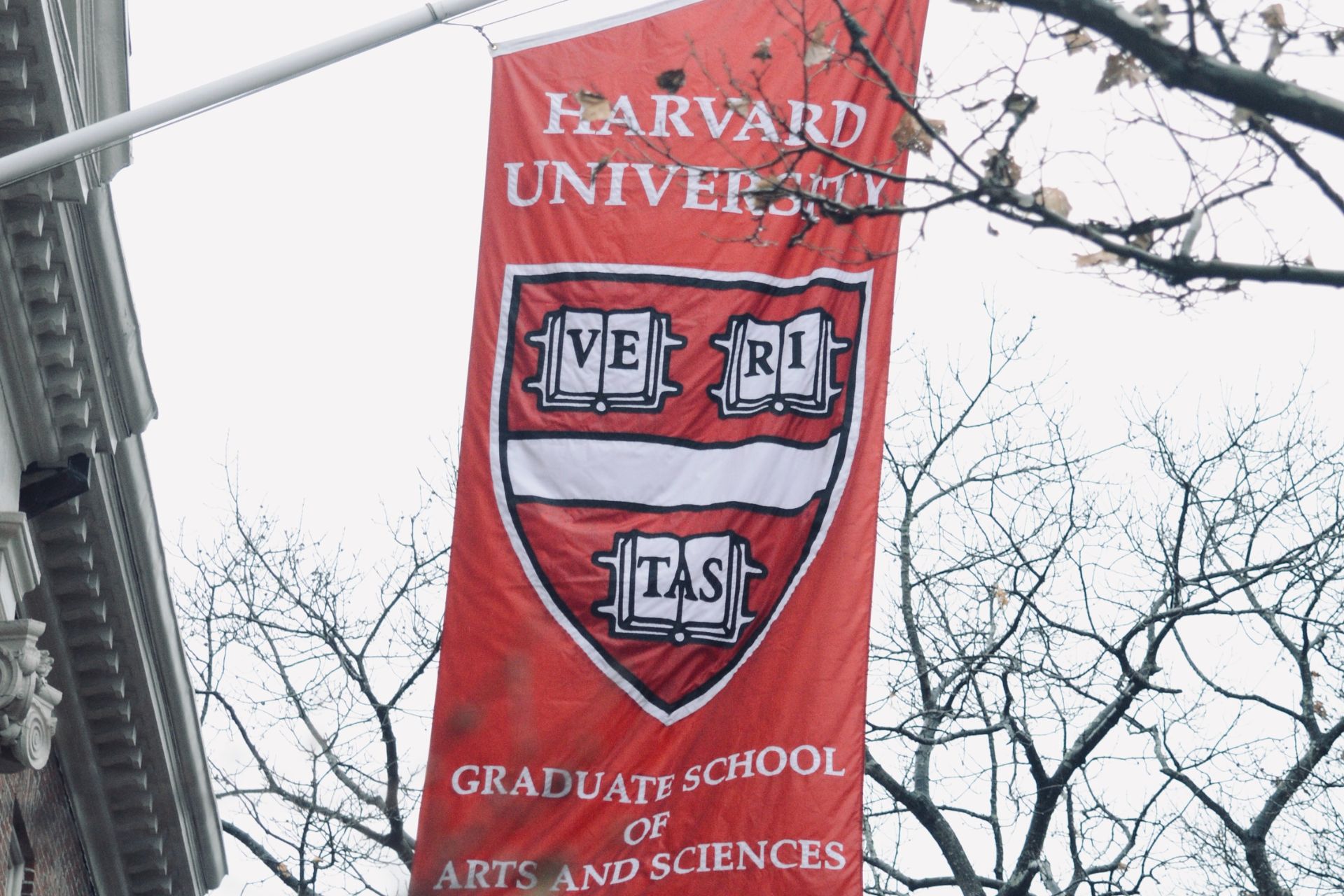
We are a reader-supported education publication. When you buy through links on our site, we may earn an affiliate commission to help us keep providing content.
There are many highly regarded colleges and universities across the country with award-winning degree programs. One group of institutions, however, stands out from the rest — the Ivy League schools.
What schools are in the Ivy League, and how do they compare to one another? Continue reading to learn more about the eight Ivy League schools ranked.
Schools in the Ivy League
There are eight Ivy League schools that are known as the best private universities worldwide due to their selective admissions process, academic excellence and potential career opportunities post-graduation.
Ivy League schools are located in the Northeastern U.S. See each school — and its admission rate — on the list below:
- Brown (6.3%)
- Columbia (5.1%)
- Cornell (10.6%)
- Dartmouth (7.9%)
- Harvard (4.5%)
- University of Pennsylvania (7.4%)
- Princeton (5.8%)
- Yale (5.9%)
Based on admission rates, the Ivy League schools are extremely competitive, only accepting fewer than one out of 10 applicants. These schools serve as a benchmark for measuring high-quality, secondary education programs.
The Ivy League Schools Ranked
You might ask, “How do all of the Ivy League schools stack up against each other?”
It’s important to note that school rankings are subjective. Countless factors play a role in which college or university, Ivy League or not, is right for you. Your decision will also depend on what profession or field of study you want to pursue. The first three schools listed — Harvard, Princeton and Yale — are known as “The Big Three” when it comes to the Ivy League. They typically rank higher compared to the other five.
See the full list of Ivy League school rankings below.
1. Harvard
Harvard University is the oldest higher education institution in the U.S. and one of the most selective colleges within the Ivy League. The university has over 100 research centers on campus, highly ranked business, engineering and law programs and one of the highest freshman retention rates of all universities in the country. In addition to academics, Harvard offers more than 445 extracurricular, cocurricular and athletic organizations students can access.
2. Princeton
Princeton is a renowned educational institution and was first introduced over 270 years ago. Some of the university’s most popular programs are engineering, computer and information sciences and public administration and social service professions. One special aspect of a Princeton education is the student-to-teacher ratio, which is 4:1. Students benefit from small class sizes for a more personalized learning experience and one-on-one advising.
3. Yale
Well-known for its exceptional drama and music programs is Yale University. Other popular degree programs fall within Yale’s top-ranked law school and highly ranked schools of medicine, art, management and nursing. Yale has several “first” milestones — for example, it was the first institution to award doctorate degrees, and the Yale School of Public Health is the first of its kind.
4. Columbia
Columbia University is the oldest higher education institution in the state of New York. It’s located in Manhattan and is considered the birthplace of many technological innovations and peer groups. For example, FM radio, the first literary magazine and the first Black student advocacy group were created at Columbia. The university emphasizes the importance of research and addressing global issues through education.
5. University of Pennsylvania (UPenn)
Did you know Benjamin Franklin was involved in the formation of the University of Pennsylvania? Now you do! UPenn has the most international students of all the Ivy League schools. Some of its highly ranked schools are the Wharton School, Perelman School of Medicine and School of Engineering and Applied Science.
6. Cornell
Cornell University is the youngest of the Ivy League schools. The university has seven undergraduate colleges, each one admitting its own students and providing its own faculty. Notable schools include the Colleges of Arts and Sciences and the College of Agriculture and Life Sciences. Cornell offers more than 100 fields of study across several locations, such as New York, Rome, Washington D.C. and Qatar.
7. Brown
At Brown, students are encouraged to create a personalized learning path in an open curriculum environment. The goal of this model is to encourage students to become creative, independent thinkers and gain control over their educational experience. One of Brown’s most competitive fields of study is its liberal medical education program because it allows students to earn an undergraduate and a medical degree in only eight years.
8. Dartmouth
Last but not least is Dartmouth University. Although it ranks last on the list of Ivy Leagues, this does not mean the school is not right for you. More than 60% of classes at Dartmouth have less than 20 students, so students benefit from increased interaction with professors. The institution also offers many off-campus programs to students, which help them receive a high-quality education without throwing off their long-term academic careers.
Apply to an Ivy League School
Ivy League schools might be a good fit for you, especially if you excel academically, take advantage of volunteer opportunities and can afford high tuition. These schools often provide adequate financial aid to help students from diverse backgrounds.
Not everyone will agree with the order of Ivy League schools ranked, but each one will provide you with the knowledge and skills to launch a successful career. Think you got what it takes to get accepted into an Ivy League school? Consider adding it to your list of potential colleges!









